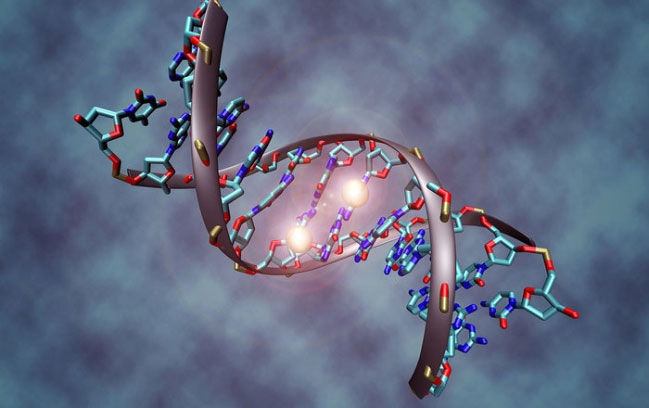Explaining why CRISPR / Cas9 has not been effective in humans
According to German scientists, the unsuccessful science of modifying the human genome using CRISPR technology may be due to the immune system of people reacting to Cas9 protein as a foreign agent needed. be neutral.
According to Nature Medicine, the fact that scientists have not succeeded in modifying the human genome using CRISPR technology may be due to the human immune system .

Immune cells respond to Cas9 protein so we cannot use CRISPR technology on humans.
It turns out, Cas9 protein-responsive immune cells, are used in this method, because the protein is present in the cells of the common streptococcus bacteria .
, also known as molecular scissors, opens up great hope in the treatment of genetic diseases. With the help of CRISPR / Cas9, quite a few genomes of many different animal and plant species have been modified, however, in the case of changing cells in humans, it turns out to be much more difficult and May appear unexpected damage mutations.
To fully appreciate the risks of using this technology in people, we still have too little information. In the new study, scientists at the Charite Medical Center (Germany) found that the immunity of a Cas9-responsive protein as an external agent needs to be neutralized. Lead researcher Michael Schmuck explained that part of the CRISPR / Cas9 system is a Cas9 protein derived from streptococcus bacteria. Because streptococcal infection is quite common in humans, it is possible that the immune system 'remembers Cas9'.
In the framework of the new work, scientists were able to find in almost all healthy people who participated in the study of immune cell types - T-lymphocytes, reacting to the Cas family of proteins. Similar proteins in other bacteria like staphylococci or bacteria in the digestive tract, can also cause an immune reaction. Researcher Dimitros Wagner explains that 'these immune cells may cause unwanted effects in gene therapy and may reduce efficacy and cause insecurity'.
It may also involve the entire CRISPR / Cas9 method and we should prepare for this problem. Now scientists are developing an innovative technology that will help avoid unwanted immune reactions.
- The first time the CRISPR gene editing process is back
- Learn about CRISPR - The genetic modification technology that China has just surpassed the United States
- Chinese gene embryo-producing anti-HIV virus
- China implements the mouse gene into pigs, making their meat leaner
- First use genetic modification technology to change the color of flowers
- Genetic modification rice yield up to 30% higher
- Editing genes can lose geniuses
- China is about to test genetic modification on humans
- Breakthroughs in HIV research in 2016
- The story of CRISPR: From bacteria to the great innovation of the 21st century
- Use bacterial immunity to make them
- Our bodies contain 380 trillion viruses, what are they doing in there?
 Green tea cleans teeth better than mouthwash?
Green tea cleans teeth better than mouthwash? Death kiss: This is why you should not let anyone kiss your baby's lips
Death kiss: This is why you should not let anyone kiss your baby's lips What is salmonellosis?
What is salmonellosis? Caution should be exercised when using aloe vera through eating and drinking
Caution should be exercised when using aloe vera through eating and drinking